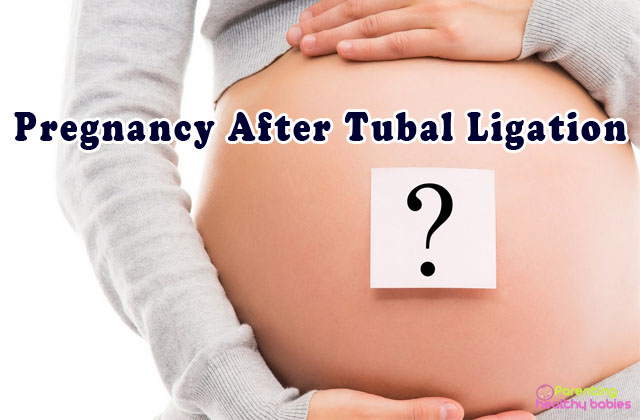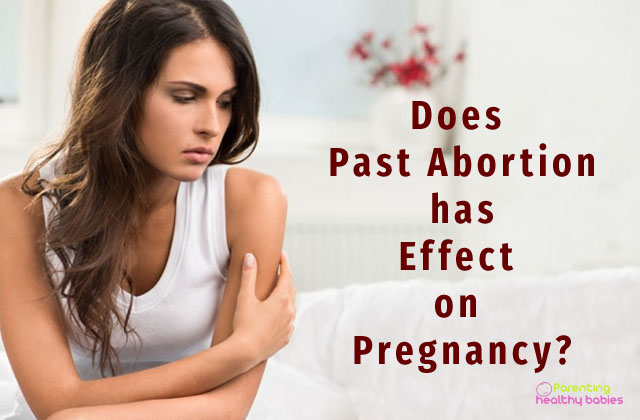An ovarian cyst is a bag or sac filled with fluid that develops in one of the ovaries. The ovaries are the two organs in the form of beans where the eggs are stored. Ovarian cysts are quite common. Most of them are benign (not cancerous) and do not require treatment unless they are too large or are causing symptoms.
Facts you need to know
If you have a cyst while you are pregnant, you are likely to be discovered on one of your routine ultrasound (ultrasound tests). If that is your case, additional ultrasounds will be done to control the cyst during pregnancy.
Occasionally, a cyst forms on the stem of an ovary, causing it to twist. If it happens to you, you could be very sick and your ovary could be damaged. They will recommend removing the cyst, no matter what stage of the pregnancy you are in.
A cyst that forms early in pregnancy can be removed laparoscopically (a surgery with a very small incision with the assistance of a camera). However, if the cyst is large or is detected at the end of pregnancy, the doctor may have to do the operation through a cut in your abdomen (laparotomy).
Ovarian Cysts and Pregnancy: Things You Need to Know
How can these cysts in the ovaries affect fertility or pregnancy?
Cysts in the ovaries are not an impediment when it comes to achieving pregnancy, although they can become a difficulty since fertility can be affected. On the one hand, the existence of cysts means that the follicles do not have enough space and their development is not completed as it should.
It is very frequent that a woman lives with one or more haemorrhagic cysts without having noticed. They appear during the ovulation and they remain full of liquid and without any remarkable symptoms. They can be diagnosed by means of procedures unrelated to the case, sometimes they appear in a test in the pelvic region without producing pain or other sign.
When doctors detect the presence of cysts of smaller size, they can be small or medium, but without greater affection in the woman, these can suggest that a control is carried out. To a large extent, controls are indicated to monitor that the cyst does not increase in size, but normally these disappear by themselves in a short time.
When they occupy a lot of space in the ovary they do not allow it to develop properly and expel adequate ovules. If a cyst produces a torsion, the blood supply is not correct and its functionality may be compromised. Some may cause anovulation during specific periods of time, also affecting fertility.
It is also common for the presence of functional cysts to cause hormonal alterations that can interfere with menstruation and ovulation, thus conditioning fertility during the period in which they are present. On the other hand, endometriotic cysts can cause the quality of the ovules to worsen, which would also influence at the time of becoming pregnant.
Detecting ovarian cysts
The control ultrasounds should be done very often. In such situations, it may or may not show an increase in volume. In this sense, when a cyst with a dimension greater than 10 centimetres is perceived and the patient also manifests pain, specialists advise an extraction surgery.
Until now it can be said that they do not represent problems in terms of women’s fertility, even with surgery, it is possible that there is no need to remove the ovary. Although in certain cases the cyst has compromised the tissue of the ovary and it needs to be removed, still there is hope to get pregnant keeping the other ovary in optimal condition.
Depends on the type of cyst and the size of it will affect women in one way or another and their reproductive capacity to be a mother.
If the cyst continues to grow or causes you a lot of pain, you may need surgery to remove it. The doctors will wait until you have passed the second trimester of pregnancy to operate. This wait protects your baby because if the surgery is done in early pregnancy is a greater risk of having a miscarriage.
Do they prevent pregnancy?
In principle, the presence of these cysts does not prevent pregnancy, but as previously explained that they can affect fertility.
In the case of functional cysts, if they generate hormones in an inappropriate way in the cycle or avoid ovulation, they will avoid spontaneous pregnancy during the time in which they are present.
https://extendfertility.com/blog/how-do-ovarian-cysts-affect-fertility
https://www.londonwomenscentre.co.uk/info/news/ovarian-cysts-affect-chances-becoming-pregnant













